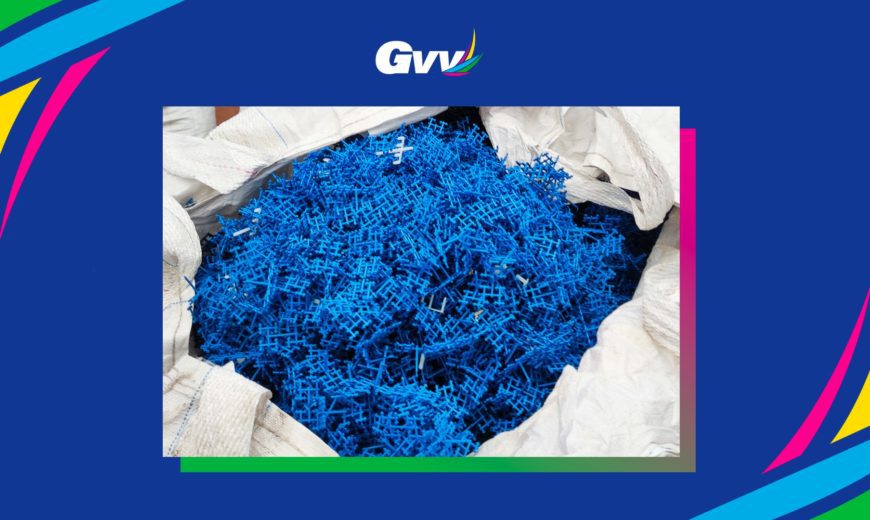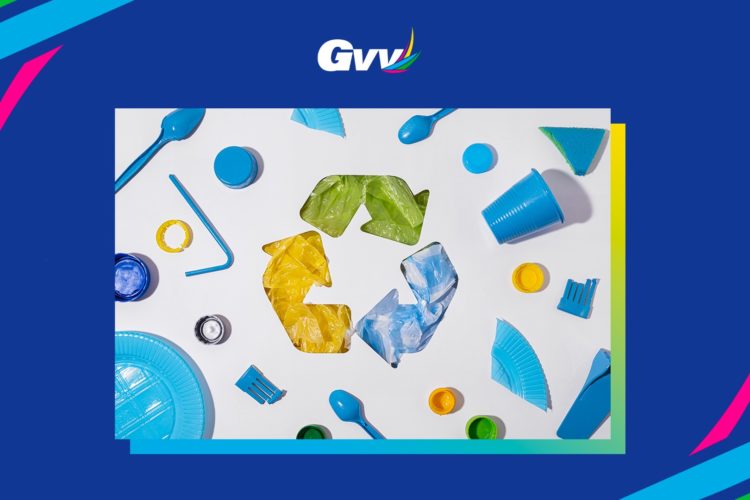
Plastics, between misbelieves and misconceptions
Since their invention more than a century ago, plastics have revolutionized the way we live. This material has played, and still does, a key role in improving the quality of our lives, yet so many misconceptions circulate when talking about it!
Over time, everything and its opposite has been said about plastics: they have been celebrated, extolled, exploited and then came to be considered one of the main causes of our planet’s problems, but how are things really? This is a sensitive and controversial issue but, what is certain, is that plastics are a valuable resource if used responsibly.
Luckily, over the past few years, the awareness of manufacturing companies and consumers about the environmental impact of plastics has changed, and continues to do so; this has triggered new processes in which we are all involved such as reducing, reusing and recycling. Although we have learned that if properly processed and recycled as often as possible after use, plastics turn out to be a sustainable material for our planet, there are still misbelieves or half-truths about them.
Of course, plastics such as PET, HDPE, LDPE, PVC, PP, PS and many others, in order to be more sustainable, must not be disposed of into the environment, and must be included within a circular recycling process. By doing so, they become a resource with multiple lives, and they allow everybody to continue benefitting from their functionalities and peculiarities, which can be applied to countless areas and which can be hardly replaced by other materials.
As a matter of fact, plastics remain a “key” material for many areas, for which, other alternatives would not be as practical and functional. Therefore, plastics are not to be demonized, on the contrary, they are a useful and transversal material that, like others, should be considered without prejudice in the entirety of its life cycle.
In order to proceed to an improvement in the collection and subsequent recycling steps of this material, it is certainly necessary to move away from the path of “recycling as a secondary and marginal activity,” and to introduce it into industrial cycles, as well as efficient energy recovery plants: processes that are fundamental to minimizing landfill disposal.
After overcoming these barriers, the key step is surely to invest in research to support recycled product applications, to make energy recovery increasingly safe and efficient, and to implement both mechanical and chemical recycling methodologies.
Equally important is the role of consumers, who must become increasingly aware, not only of the risks of plastics, that, if not recycled, end up polluting the planet, but also of the qualities and potential of this material and the packaging produced with it.
It is a universal challenge and it is only right that everyone plays their part!



